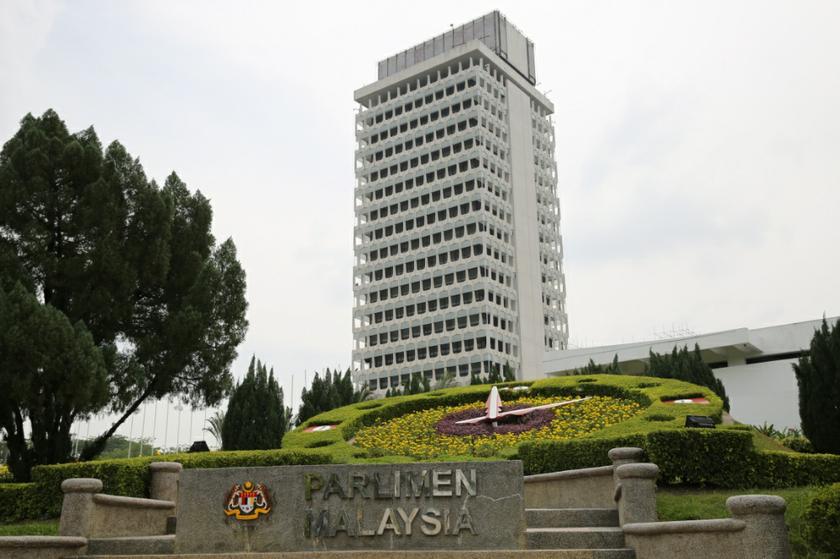This article first appeared at The Malay Mail on 24 Dec 2018.
It has been reported that the Ministry of Health will be pushing to gazette all open-air restaurants as no-smoking areas — this is provided under Regulation 22 of the Control Of Tobacco Product Regulations 2004. In turn, that regulation originates from Section 36(2)(d) of the Food Act 1983, which states: “ The Minister of Health may make regulations providing for the prohibition against smoking of tobacco products in specified buildings and the declaration of any place as a no smoking place and for notices to be placed at such place”.
Recently, Sarawak Local Government and Housing Minister Datuk Dr Sim Kui Hian said that the State will not adhere to such policy because it is a local government matter which falls under the jurisdiction of the Sarawak State Government.
The issue is this: Can Parliament enact laws which seek to regulate smoking, or does this fall under the jurisdiction of the respective State Governments?
Article 74 of the Federal Constitution, together with the Ninth Schedule, has demarcated the fields which Parliament & State Legislatures may legislate. Generally, Parliament may only enact legislation for matters falling under the Federal List, whereas State Legislatures (including Sarawak) may are bound by the State List.
Whenever there is apparent conflict or overlap, one should try to ensure a harmonious construction and allow entries in the Lists to co-exist.
But if the conflict or overlap cannot be resolved, the test adopted by Malaysian Courts (Gin Poh Holdings Sdn Bhd (in voluntary liquidation) v The Government of the State of Penang & Ors [2018] 3 MLJ 417) is this: is the law enacted, in pith & substance, a matter falling under the Federal List or State List? If the substance of the law is within the express powers under a particular list, it is not invalidated merely because it incidentally transgresses matters which are outside its authorised field.
In this respect, Parliament can enact laws relating to “medicine and health” under Section 14 of the Federal List. Further, Parliament has jurisdiction when it comes to “poisons” under Section 14© of the Federal List — nicotine in tobacco smoking is notably a listed poison under the Poisons Act 1983. In my respectful view, laws enacted to regulate smoking are, in pith & substance, matters falling within Parliament’s purview under the Federal List.
Arguably, such laws may transgress the power of State Legislatures to enact “local government” laws under Section 4 of the State List. But my view is that such transgression is merely ancillary. Laws enacted to regulate smoking are, by and large, a health issue. The Federal government needed a lot of political will to enforce this amidst heavy criticism — it is certainly not a pretence or disguise to encroach Sarawak’s rights under the Federal Constitution.
Further, in the context of State and Federal relations, Parliament is presumed not to encroach upon matters that are within the constitutional authority of a State (Ketua Pengarah Jabatan Alam Sekitar & Anor V Kajing Tubek & Ors And Other Appeals [1997] 3 MLJ 23). In addition, Article 75 of the Federal Constitution — which provides that state laws which are inconsistent with federal law are void (to the extent of such consistency) — also lends credence to this presumption of Parliament acting constitutionality.
